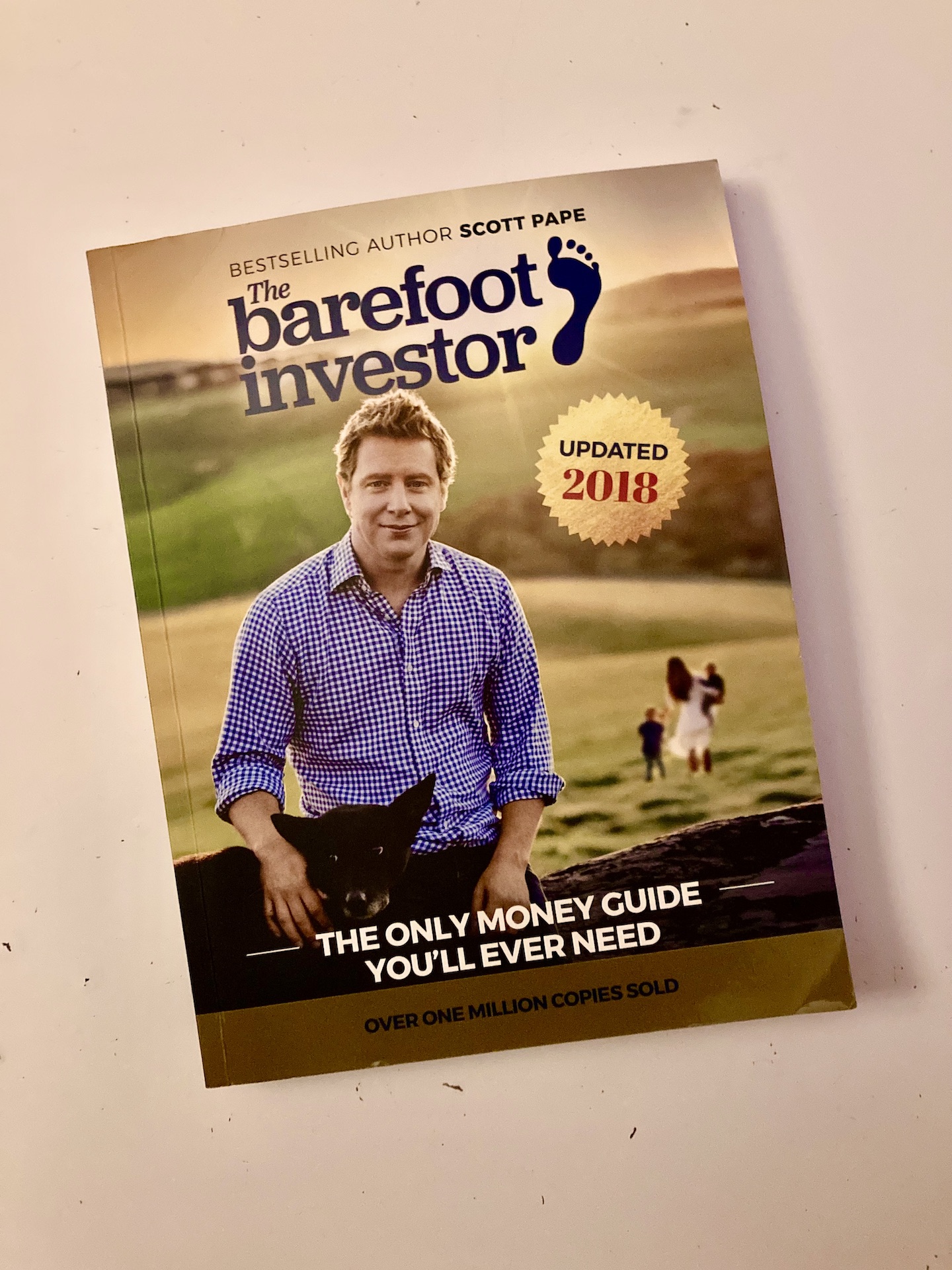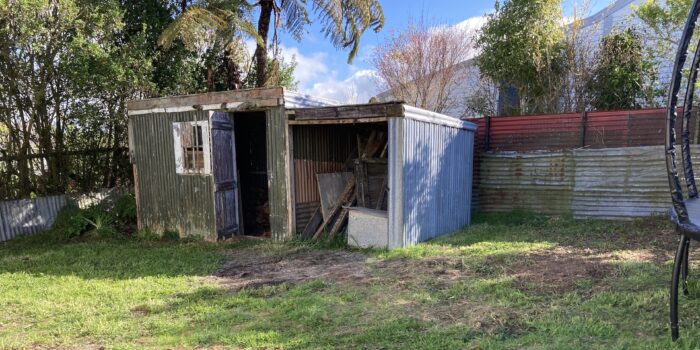How To Improve Your Relationship With Good Money Management
Money can, and often does, cause friction in a relationship. In fact, in New Zealand 1 in 5 Kiwis experience relationship problems because of money according to a recent study by Commission for Financial Capability (CFFC). But is it possible to improve your relationship with good money management?
Financial stress in a relationship
Financial stress in relationships often comes from lack communication and different money attitudes.
The highest level of money stress based on age groups was experienced by 18-34 year olds according to the CFFC study linked above. This probably not surprising as family incomes might be lower due to entering careers and having young children (which increases costs and can lower family income).
When money is limited, different views on how it should be spent can cause conflict.
We all have our own upbringing with money and our money personalities may be completely opposites (as often they say opposites attract!).
A spender might be in a relationship with a saver and if those tendencies are not properly addressed and discussed they will cause trouble and start to eat into the relationship.
Worst is if these things keep bubbling underneath, festering into bitterness and dishonesty there may not be a relationship left.
The good thing is that this can all be avoided!
Like with everything, what is required is open and honest discussion, finding common ground and exciting financial goals to work towards together as a team.

What is good money management
But what is good money management?
Essentially it simply boils down to living within your means while hopefully maximising your financial potential.
Having a budget together, or even separately which are communicated, helps you to understand where your (and possibly your partner’s money is going). (5 reasons to have budget here.)
Budget can also reveal misalignment with your spending and your values.
Let’s say you realise you’re paying a Sky box subscription to all channels but never watch it. Could that money go towards something you actually value, maybe a monthly date night?
Maximising your financial potential would then mean your savings, getting rid of debt and investing.
These things should be worked into your budget so you can work towards your financial goals together.

How does good money management improve your relationship
Money is one of those things that we may not talk about, even with our partner’s who we share our lives completely with!
Opening an honest discussion with our partner’s means a certain level of vulnerability, and at best can bring you closer together as partners and a team.
It can definitely be a touchy subject, definitely an emotionally charged one!
So how to start the discussion, AND avoid things blow up into an argument?
The best way is often to start imaginary scenarios, rather than addressing the current financial reality and behaviours that have lead to it.
For example, a great ice breaker question to ask your partner and then discuss would be: “What would you want to do if we won the lotto?”
Anything they answer can be seen as what your partner values in life. If the answer is more travel, you can start opening a discussion on how that could become your reality, even without winning the lotto.
This approach can give you a common, and most importantly an exciting and motivating goal, to work towards together.
Consider the difference between these two scenarios:
You feel like you spend way too much money on unnecessary things and could save/invest more towards things that you value more.
You then proceed to try and have a conversation with your partner about it, but address it from a behaviour perspective that needs to change, such as “you spend too much money here, I think we should save more”.
Pointing fingers and nagging rarely helps and just creates tension in the relationship.
But if you start from the end goal, such as “we’d both love to travel more, what can we change to make that happen”, the reaction is often different and creates internal motivation for your partner (they want to travel too) rather than external pressure (you want them to spend less money).
The aim in both approach is the same, spend less and save more. But the delivery is different and often the crucial difference.
Financial goals and open money discussions can be a uniting force in your relationship and bring you together as an even stronger team.
Do you talk about money with your significant other? How do those conversations usually go?







